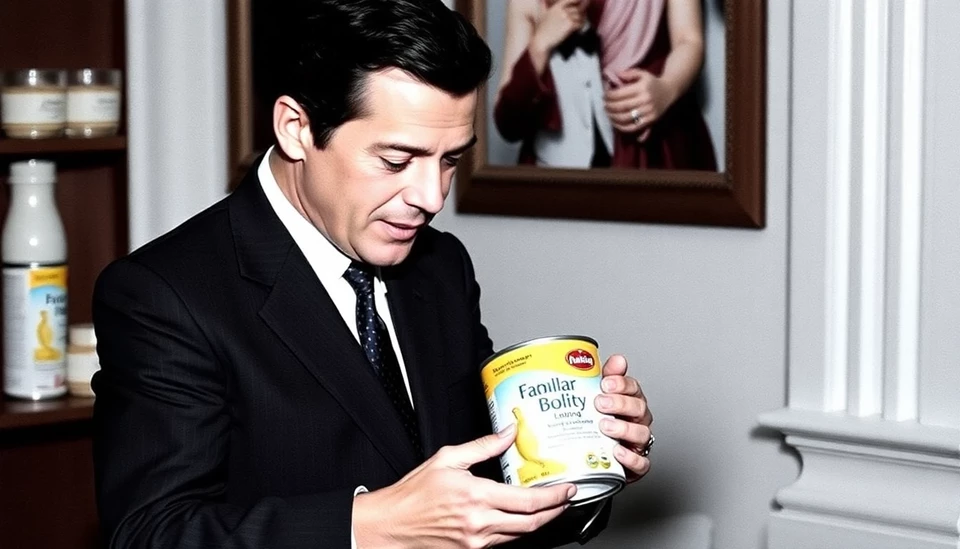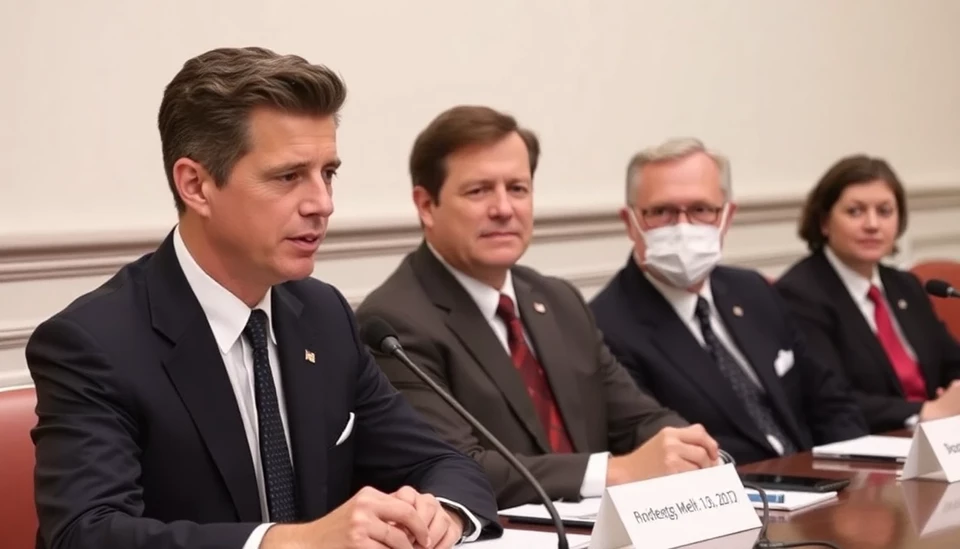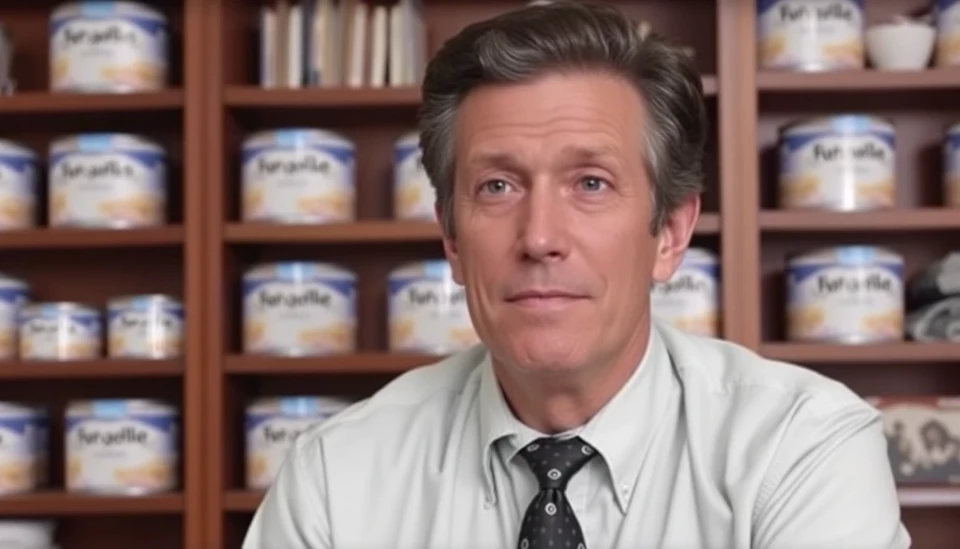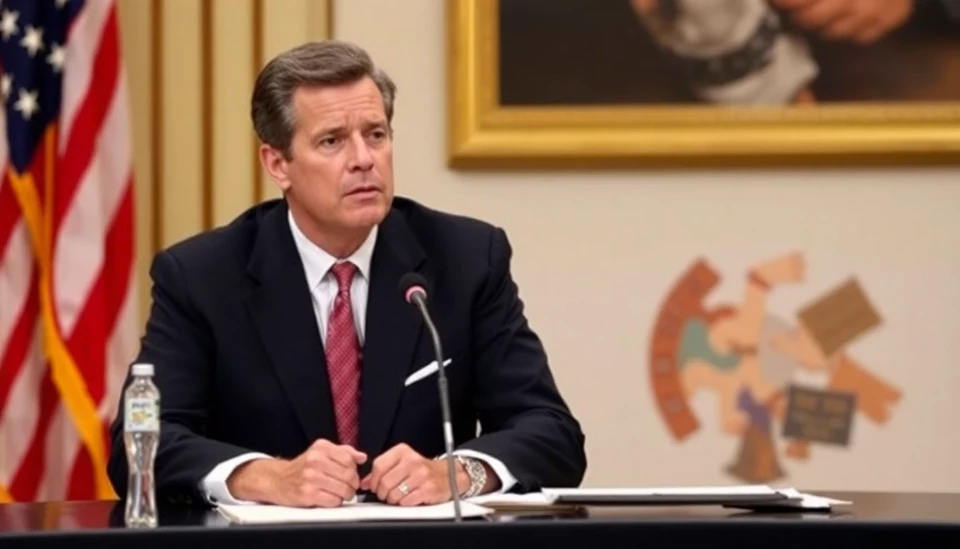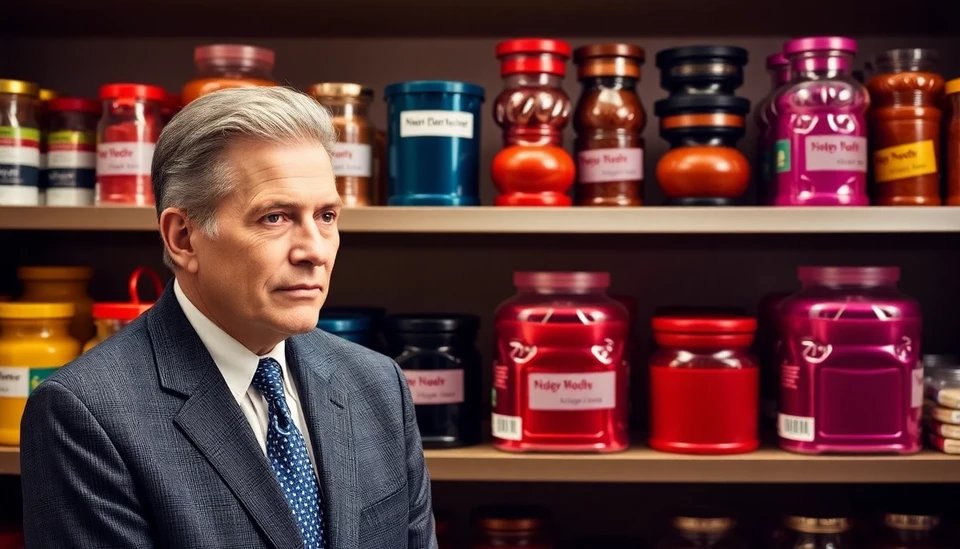
In a bold move that aligns with the growing awareness of health and nutritional issues, Robert F. Kennedy Jr., known for his advocacy on various public health matters, has announced his plans to eliminate synthetic food dyes from the American food supply. The decision came amid a broader campaign to address concerns surrounding food safety and consumer health, which has gained traction among advocates and the general public alike.
Kennedy's initiative is likely to resonate with a significant segment of the population that has expressed apprehensions regarding the potential adverse effects of artificial additives found in many popular food products. These synthetic dyes, commonly used to enhance the visual appeal of beverages, snacks, and other processed foods, have been linked to various health concerns. Research has suggested that these additives could contribute to hyperactivity in children and other behavioral issues, prompting calls for stricter regulations regarding their use.
The campaign, which is gaining momentum ahead of the 2025 legislative sessions, aims to bring attention to the benefits of utilizing natural colorants instead of artificial ones. Kennedy's efforts are supported by recent studies that illustrate the advantages of these natural alternatives, both in terms of safety and health. Advocates argue that shifting towards natural dyes would not only contribute to better health outcomes but also promote a return to more traditional and wholesome food practices.
In recent interviews, Kennedy emphasized the importance of consumer awareness and education, stating that many people are unaware of what goes into their food. He advocates for transparent labeling that clearly identifies the presence of synthetic additives, allowing consumers to make more informed choices. With food companies facing increasing scrutiny over their ingredient choices, the pressure to adapt to consumer preferences is mounting.
Kennedy is also calling for a collaborative effort involving lawmakers, manufacturers, and the food industry to align on this life-changing initiative. He believes that creating a coalition focused on promoting natural ingredients in food production could pave the way for meaningful change in the industry. This collaborative approach aims to facilitate dialogue among stakeholders to work towards the elimination of synthetic dyes.
As the conversation around nutrition and food safety continues to evolve, Kennedy’s campaign presents a timely opportunity for reform, inviting scrutiny of longstanding food industry practices. With the public increasingly prioritizing health-conscious options, this initiative could lead to a larger transformation in how food is produced and consumed across the United States.
This move is both a reflection of and a catalyst for ongoing discussions about public health policy, environmental sustainability, and consumer rights. As Americans become more aware of the implications of their food choices, the call for accountability in food production has never been more pronounced. Indeed, Kennedy's initiative could set the tone for future regulations and standards aimed at ensuring safer food for all.
As this story develops, attention will be focused on responses from food manufacturers and lobby groups, as well as the potential for legislative support. The ripple effects of Kennedy’s advocacy could influence not only the U.S. food supply but also the global perspective on synthetic additives and health-conscious eating.
In summary, Robert F. Kennedy Jr.'s initiative to eliminate synthetic food dyes from the U.S. food supply is a significant step towards re-evaluating the safety and health implications of what many Americans consume daily. As public awareness grows, the push towards transparency and natural ingredients could reshape the future landscape of food production in the United States.
#RFKJr #SyntheticFoodDyes #FoodSafety #NaturalIngredients #HealthAdvocacy #ConsumerRights
Author: John Harris
